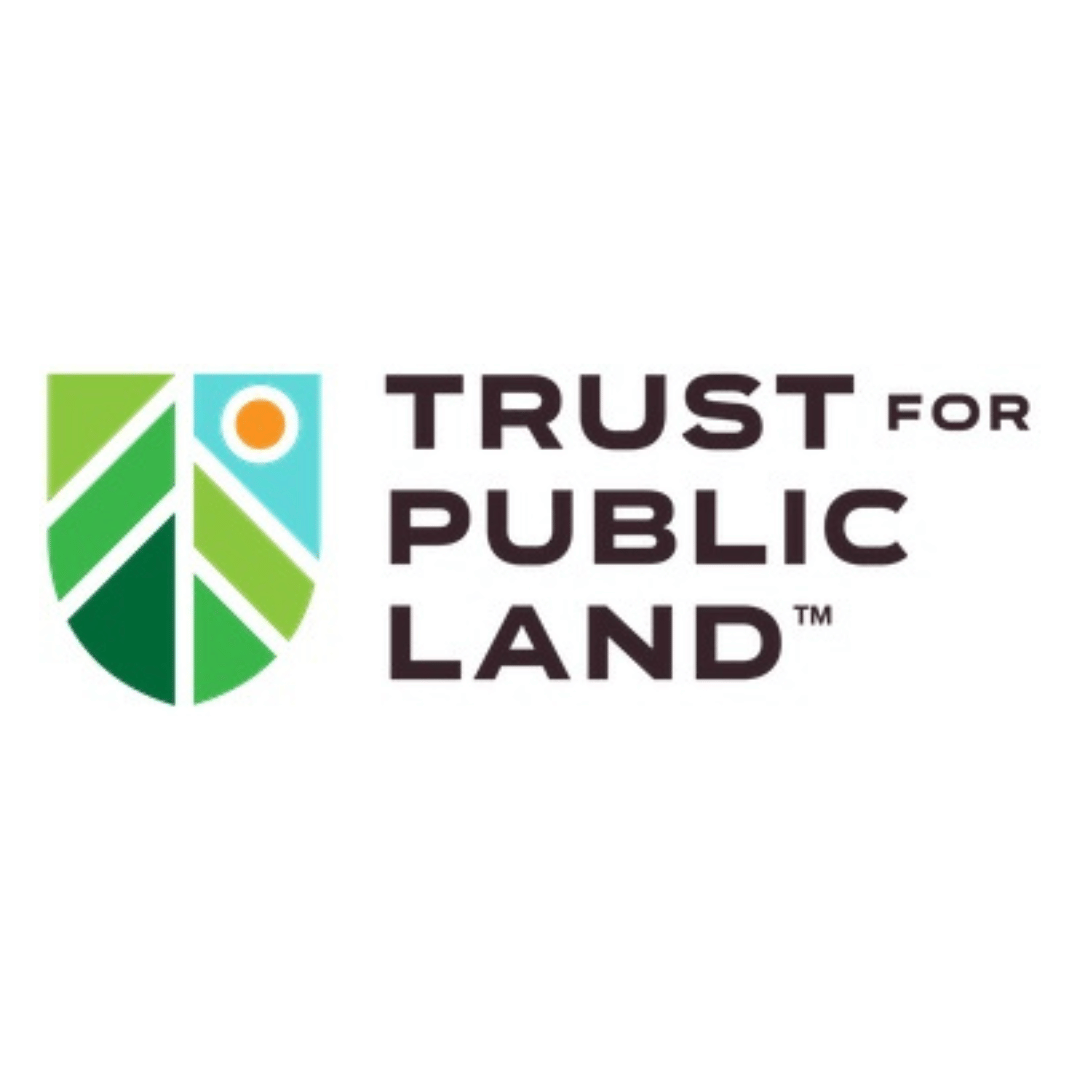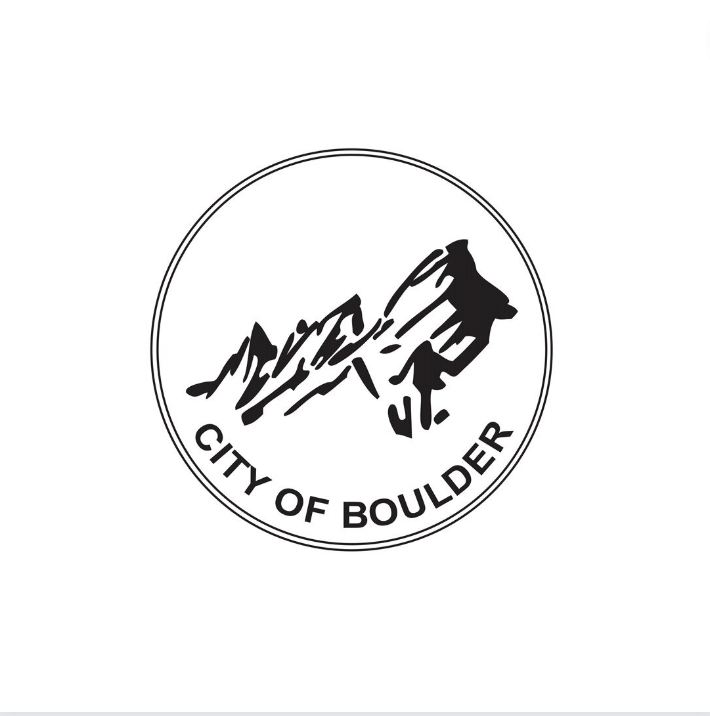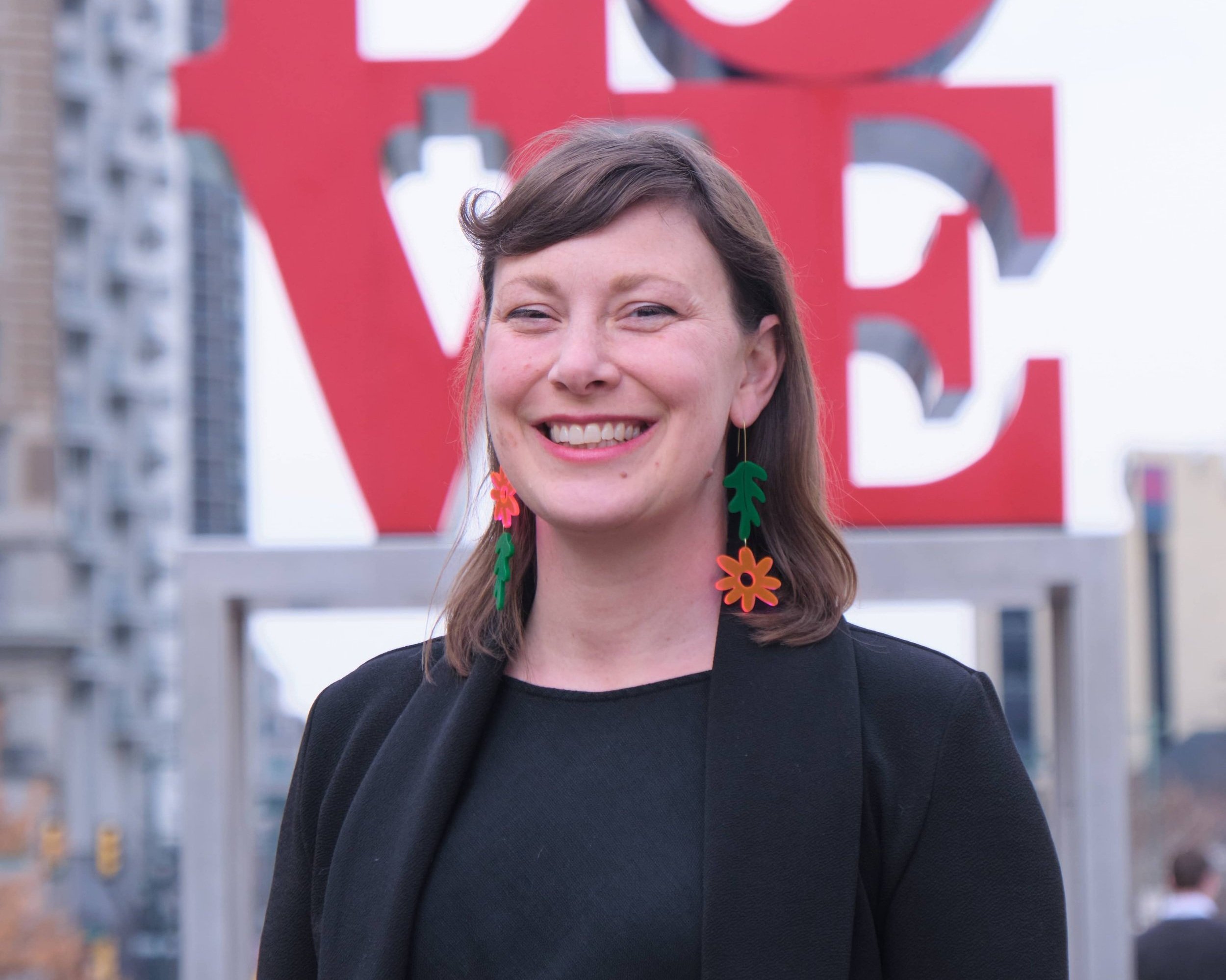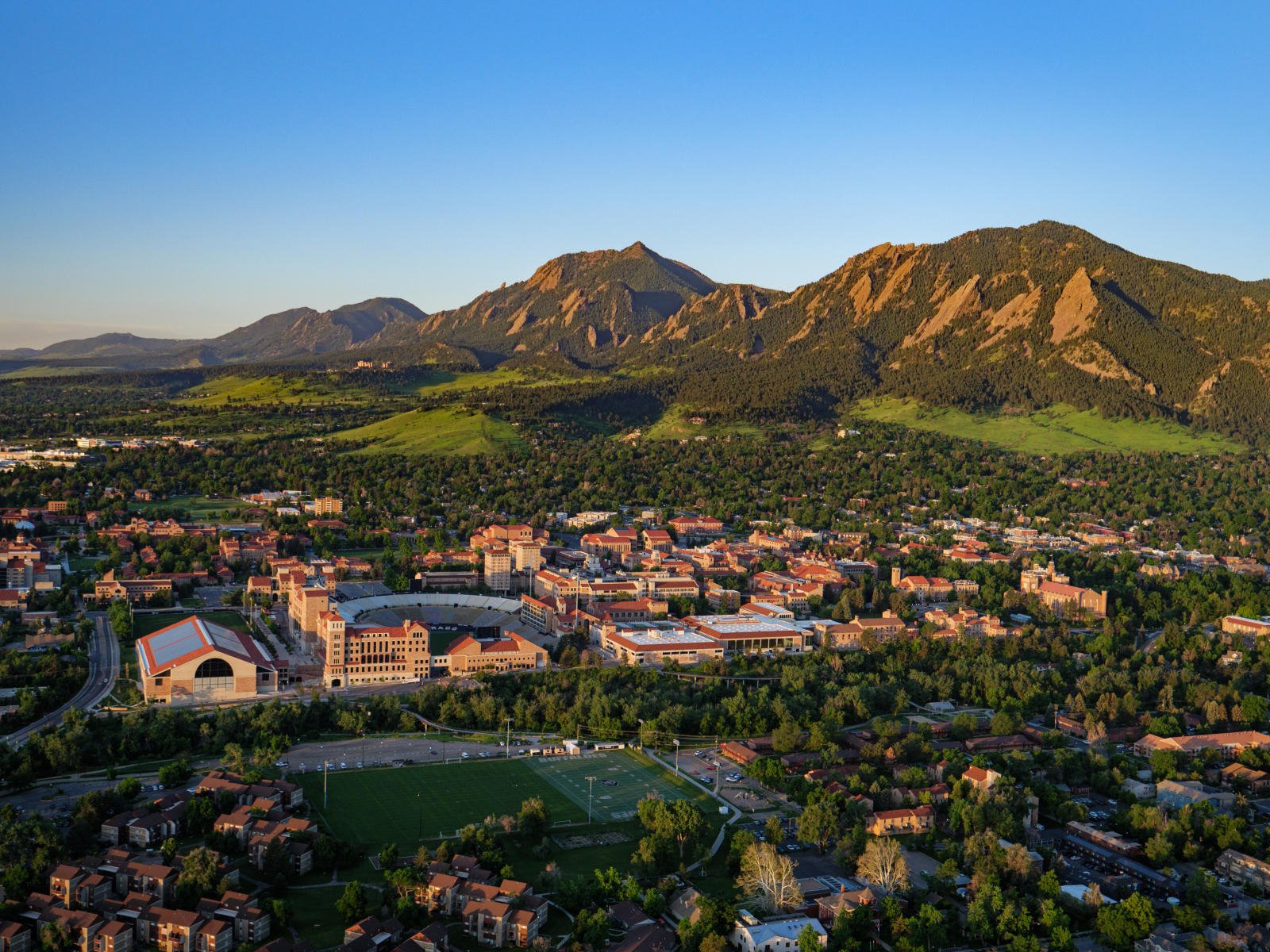
Urban Heat ➔ Urban Forestry Accelerator
View the Module Resources
The Urban Nature-based Climate Solutions Accelerator is a sequence of three 5-month-long capacity-building intensives designed to rapidly grow community capacity to implement equity-centered, nature-based climate solutions to some of the most pressing climate change challenges facing communities.
The Urban Heat + Urban Forestry Accelerator is a joint offering of Center for Regenerative Solutions, Trust for Public Land, Urban Sustainability Directors Network, City of Boulder, and the Vanguard Cities Initiative.
How Can Communities Participate?
There are two participation tracks: Track 1: Accelerator Core Participants* and Track 2: Accelerator Observer Participants.
Track 1: Accelerator Core Participants
✔ Participants will be asked to participate as multi-sector/multi-stakeholder teams;
✔ Formulate integrated community action strategies with broad participation and shared investment;
✔ Formal commitment required.
Track 2: Accelerator Observer Participants
✔ Participants will participate through self-directed observation of core modules;
✔ No commitment required.
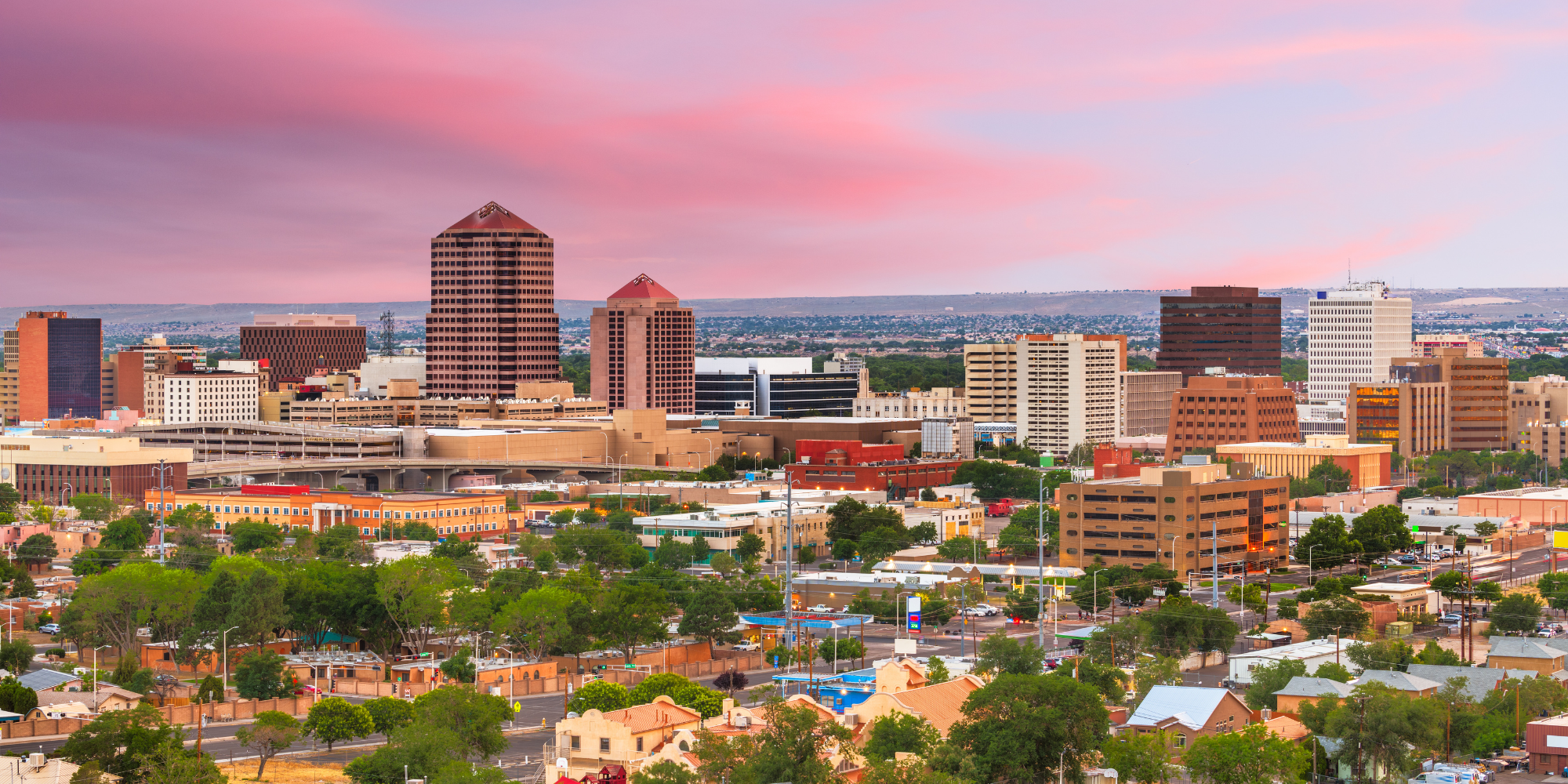
Curriculum
The Accelerator will focus on critical knowledge frameworks, assessment and planning tools, implementation resources, and best-in-field practices in five modules:
Module 1: Urban Heat Management
Module 2: Urban Forestry
Module 3: Equity-Centered Community Planning
Module 4: Equity-Centered Workforce & Entrepreneurial Development
Module 5: Essential Policy Framework to Support Urban Forestry as Climate Action
Each module will consist of 3 sessions of 60–90 minutes each.
Instructors
Module 1 — Urban Heat Management
Dr. Evan Mallen - Urban Climate Lab, Georgia Institute of Technology
Dr. Evan Mallen is the co-founder of Urban Climate Consulting and the Senior Analyst for Georgia Tech's Urban Climate Lab where he focuses on urban heat island mitigation and public health response with international public, private, and academic collaborators while teaching Urban Environmental Planning & Design.
He is also an ORISE Fellow in the US Centers for Disease Control and Prevention Climate and Health Program. He serves on the Evaluation Team, collaborating with cities and states across the US on improving climate and health adaptations through the Climate-Ready States and Cities Initiative. In his work, Evan regularly collaborates with academic, business, and governmental partners training diverse audiences on urban heat risk assessment tools, processes, and co-benefits of climate adaptation strategies.
Dr. Vivek Shandas - CAPA Strategies and Portland State University
Vivek Shandas is a Professor of Climate Adaptation at Portland State University and a senior advisor with CAPA Strategies, a global climate consulting firm. With over two decades of executive experience in the public, university, and private sectors, Dr.Shandas works directly with policy makers and community leaders to safeguard cities and natural resources from the disparate and uneven effects of climate change. Specific areas of expertise include the built environment, land use, urban heat and air quality, stormwater management, social justice, and data science. He has published over 100 scientific journal articles, four books, and frequently keynotes conferences.
Brian Stone, Ph.D. - Director, Georgia Institute of Technology, Urban Climate Lab
Brian Stone Jr., Ph.D., is a Professor in the School of City and Regional Planning at the Georgia Institute of Technology, where he teaches in the area of urban environmental planning and design. Stone's program of research is focused on urban-scale drivers of climate change and is supported by the National Science Foundation, U.S. Centers for Disease Control and Prevention, and U.S. Environmental Protection Agency. He is the Director of the Urban Climate Lab at Georgia Tech and author of the forthcoming book, Radical Adaptation: Transforming Cities for a Climate-Changed World (Cambridge University Press). Stone holds degrees in environmental management and planning from Duke University and the Georgia Institute of Technology.
Module 2 — Urban Forestry
Daniel Burcham - Assistant Professor, Colorado State University
Dr. Daniel Burcham is an assistant professor of arboriculture and urban forestry at Colorado State University in Fort Collins, Colorado. In his research, he studies the response and durability of urban trees experiencing environmental loads, especially the wind, and he investigates changes in tree growth and stability associated with various arboricultural practices, such as pruning. He earned a Ph.D. in Environmental Conservation, with an emphasis in forest resources and arboriculture, from the University of Massachusetts Amherst, and he earlier obtained a BS in landscape horticulture and MS in public horticulture from the Ohio State University and the University of Delaware, respectively. For nearly 10 years, he managed an arboriculture research program at the Centre for Urban Greenery and Ecology, National Parks Board (NParks), Singapore, where he contributed to advancements in the science and practice of tropical arboriculture. Today, he maintains a strong desire to work with practitioners and policymakers to tangibly improve community forests' management for nearby human populations' health and safety. A certified arborist, he enjoys visiting and climbing large trees with other arborists in his free time.
Erica Smith, Community Forestry Manager at Philadelphia Parks & Recreation
As the Community Forestry Manager at Philadelphia Parks & Recreation, Erica and her team work with residents to bring the benefits of trees to the communities that need them the most, in the ways that support them the best. Erica was the project lead for the Philly Tree Plan, a 10 year strategic plan for the equitable growth and care of Philadelphia’s urban forest, released in February 2023. She is an ISA certified arborist and the recipient of the Arbor Day Foundation's 2018 Trailblazer Award. Erica received a B.S. in biology from Haverford College and an M.S. in environmental horticulture from the University of California, Davis.
Module 3 — Equity-Centered Community Planning
Cate Mingoya - Chief Officer of Climate Resilience and Land use, Groundwork USA
Cate Mingoya serves as Groundwork USA’s National Director of Climate Resilience and Land Use. Originally from Queens, New York, Cate earned her B.A. in Biology from Reed College in Portland, Oregon, and returned east to teach middle school science at traditional public and charter schools in The Bronx and in Brownsville, Brooklyn. She went on to earn a Master of City Planning from MIT and has served as the Director of Policy and Program Development for the Commonwealth of Massachusetts’s Division of Public Housing and Rental Assistance.
In her current role, Cate provides equitable development technical assistance for those looking to transform brownfields into community assets. Cate also leads Groundwork USA’s Climate Safe Neighborhoods, a thirteen-city partnership, to reduce heat and flooding-related risks in neighborhoods with histories of institutional, race-based housing discrimination.
Module 4: Equity-Centered Workforce & Entrepreneurial Development
Julia Hillengas - Co-founder + Executive Director, PowerCorpsPHL
Since co-founding PowerCorpsPHL in 2013, Julia leads the development of PowerCorpsPHL’s strategy, partnerships, and expansion. She continues to refine the model, expand its impact to cities nationwide, and work as a bridge-builder between young people and economic opportunities.
Prior to PowerCorpsPHL, Julia served as the Deputy Service Officer for Mayor Michael Nutter’s Office of Civic Engagement & Volunteer Service. As a staffer and a SERVE Philadelphia AmeriCorps VISTA within the Mayor’s Office of Education, Julia coordinated and grew an initiative to engage parents and families as partners in their children’s education. With extensive experience as an educator, coach, community organizer, and public sector leader, Julia has demonstrable experience in making an impact across sectors in start-up environments, understanding how young people learn, and designing for impact.
Julia was a White House Champion of Change and in the inaugural, global cohort of University of Pennsylvania’s Center for Social Impact Strategy’s Executive Program.
Module 5: Essential Policy Framework to Support Urban Forestry as Climate Action
Alana Tucker - Program Manager, Arbor Day Foundation
Alana Tucker is the Program Manager for the Tree City programs at the Arbor Day Foundation, including Tree City USA and Tree Cities of the World. As an urban planner, she conducted streetscape and parks planning projects in Detroit prior to coming to the Foundation. She holds a Bachelor’s in International Business from the University of Nebraska-Lincoln and a Master’s of Urban Planning from the University of Michigan.
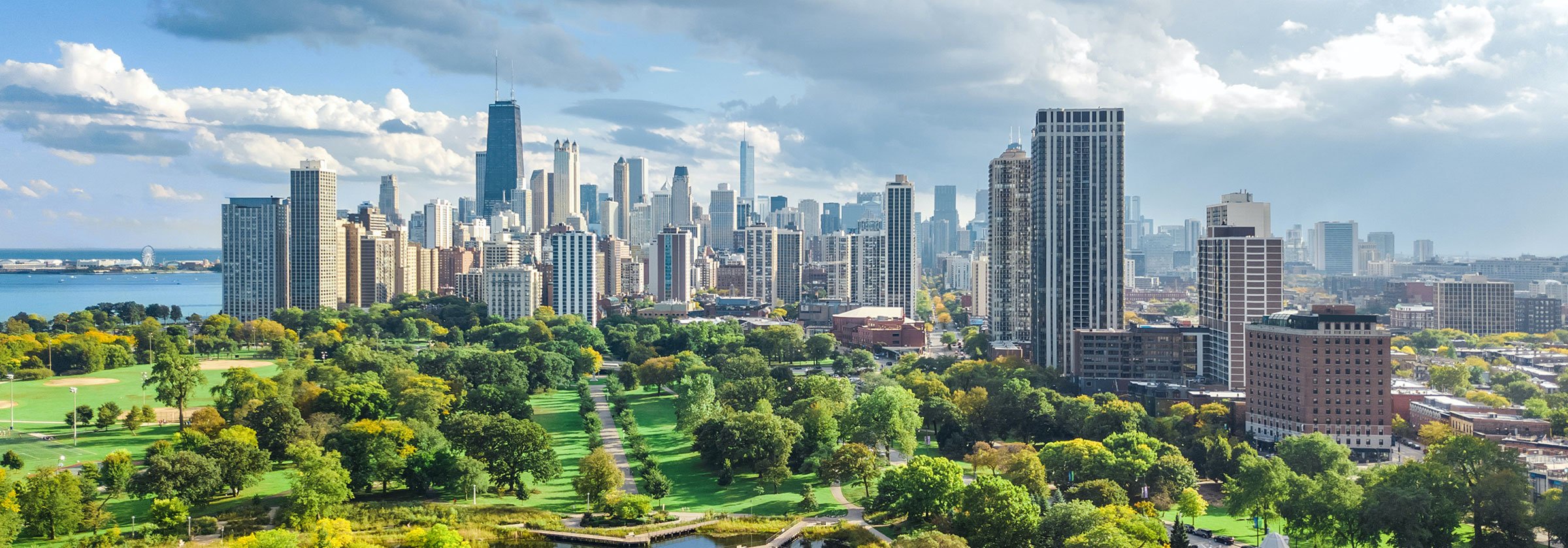
Key Benefits & Commitments:
Comparison of Tracks 1 & 2
The capacity-building Urban Nature-based Climate Solutions Accelerator has two participation tracks for communities interested in exploring the scale-up of natural climate solutions actions. The following information is related to the Urban Forestry + Urban Heat sequence. More information on the upcoming sequences to come.
Key Benefits of Tracks 1 & 2:
Access to Leading-Edge Approaches
✔ Track 1 Core Participants will be supported by recognized leaders in the field and have access to emerging knowledge around areas of the highest potential impact in their communities.
New data systems
New planning tools
New approaches to equity-centered engagement and community development
New policy frameworks
✔ Track 2: Observer Participants will have access to critical concepts and resources. Exposure to leading subject matter specialists in each focus area.
Networking
✔ Track 1 Core Participants will join a dynamic cohort of communities from across the country actively developing similar initiatives.
✔ Track 2: Observer Participants will be included in email distributions regarding upcoming programs.
Coaching
✔ Track 1 Core Participants will receive direct coaching support from Accelerator instructors.
Action Strategy
✔ Track 1 Core Participants can use the outputs of the five modules as the foundation of an action strategy and funding proposal for their community.
Key Commitments of Tracks 1 & 2:
Commitments of Track 1: Core Participants:
Time
✔ Each module will have 3 sessions—an introductory session open to Tracks 1 & 2, and 2 more in-depth sessions spaced approximately 2 weeks apart that are reserved for Track 1 participating communities only.
Financial
✔ Travel expenses for in-person retreat.
Multi-Stakeholder Team
✔ Required
Statement of Participation
✔ Required
Commitments of Track 2: Observer Participants:
Time
✔ There are no obligations for Track 2. Track 1 is entirely self-directed and participants can choose to attend 1 or more of the 5 available informational sessions for each Module.
Financial
✔ None.
Multi-Stakeholder Team
✔ Not Required
Statement of Participation
✔ Not Required
What Would My Multi-Stakeholder Team Look Like?
We are asking that each Track 1 Core Participant community develop a multi-stakeholder cohort of 4-6 individuals, representing both leadership in the key topic areas and a diversity of institutional and experiential backgrounds e.g. urban forestry, public health, equity-centered community orgs etc. We recommend that each cohort assign one of their group members to be the lead participant in each of the five modules:
Module 1: Urban Heat Management
Suggested Experienced/Skill Areas–Stakeholder Rep Examples: Urban Planner, Heat Specialist, Public Health Specialist, Academic Researchers
Module 2: Urban Forestry
Suggested Experienced/Skill Area–Stakeholder Rep Examples: Urban Forester, Urban Planner, Community Forestry Stakeholder, Non-profit Tree Organization, Academic Researchers
Module 3: Equity-Centered Community Planning
Suggested Experienced/Skill Area–Stakeholder Rep Examples: Nonprofit climate justice organizations, local community development organizations, public sector engagement specialists, community planner
Module 4: Equity-Centered Workforce Development
Suggested Experienced/Skill Area–Stakeholder Rep Examples: workforce training organizations, employment readiness organizations, vocational training specialists, community-based development organizations,
Module 5: Policy Framework for Transformative Action
Suggested Experienced/Skill Area–Stakeholder Rep Examples: Urban Planner, Non-profit community organizations, Urban Forestry Organizations,
What is the Financial Commitment Required for Track 1?
Recognizing that we are co-evolving this capacity-building process through shared learning with participants, the Center for Regenerative Solutions is committed to carrying all program costs for instruction and associated technical support. There will be no fees for this iteration of the Accelerator series. This includes covering the cost for an in-person retreat for Core Participants at the end of the series (a July retreat for Series 1). However, we believe that as a confirmation of commitment on the part of Track 1 Core Participants, we are asking Track 1 Core Participants to cover their transportation and other related travel costs for the in-person retreat, details to follow. Participants should anticipate spending $500-$700 for each team member and fund the cost for any community-based representatives.
What is the Statement of Participation?
We are asking that Track 1 core participants sign a Statement of Participation confirming their community’s commitment to participate.
Which Track is best suited for my community?
To determine the Track that best suits your communities interests and capabilities please follow the below 3-step decision process:
Step 1: Review the Key Benefits (above) for each of the tracks and determine which best matches your communities needs
Step 2: Review the summary of Participant Obligations (above) to assess if your community is fully ready to engage with the needed level of involvement.
Step 3: Consider your communities capacities and interests and assess if full-scale participation is the right fit for your communities. Then fill out the registration form for either Track 1 or Track 2.
*Please note that given the high degree of technical assistance being provided to Track 1 participants, we will only be able to accommodate 15-20 communities in this first series. We will inform participants by March 3rd, 2023 if their communities have been selected.
Communities not selected for Track 1 will automatically be registered for Track 2.
Accelerator Track 1 — FAQ
-
There may be another session repeating the urban heat/urban forestry segment in the next year but we don't currently have one scheduled.
-
We expect there would be different cohorts for each of the three Accelerator sequences.
-
No, we are asking participating Track 1 communities to have a minimum of 2-3 people from their cohort attend the in-person retreat.
-
We are asking that each Track 1 core participants develop a multi-stakeholder cohort of 4-6 individuals at a minimum, representing both leadership in the key topic areas and a diversity of institutional and experiential backgrounds.
-
Each session will require 60-90 minutes of direct participation across all 5 modules. We recommend that each cohort assign one of their group members to be the lead participant in each of the modules. Not every group member is expected to attend all sessions. There may be some additional follow up work in between sessions, prep and data gathering work. We leave it to communities to determine how best to delegate work across their team.
-
Yes. There will be a separate application process for each of the 3 foundational areas/sequences. You may select to participate in a different track when applying for each foundational area. You are not bound to one track for all foundational areas.
-
Yes, there are separate applications for each sequence. If you are not selected as a Track 1 core participant you will automatically be registered for Track 2 as an observer participant.
-
Yes, general information on funding opportunities will be shared with observer participants.
If you couldn’t attend the information session on February 23rd, the recording is available here:
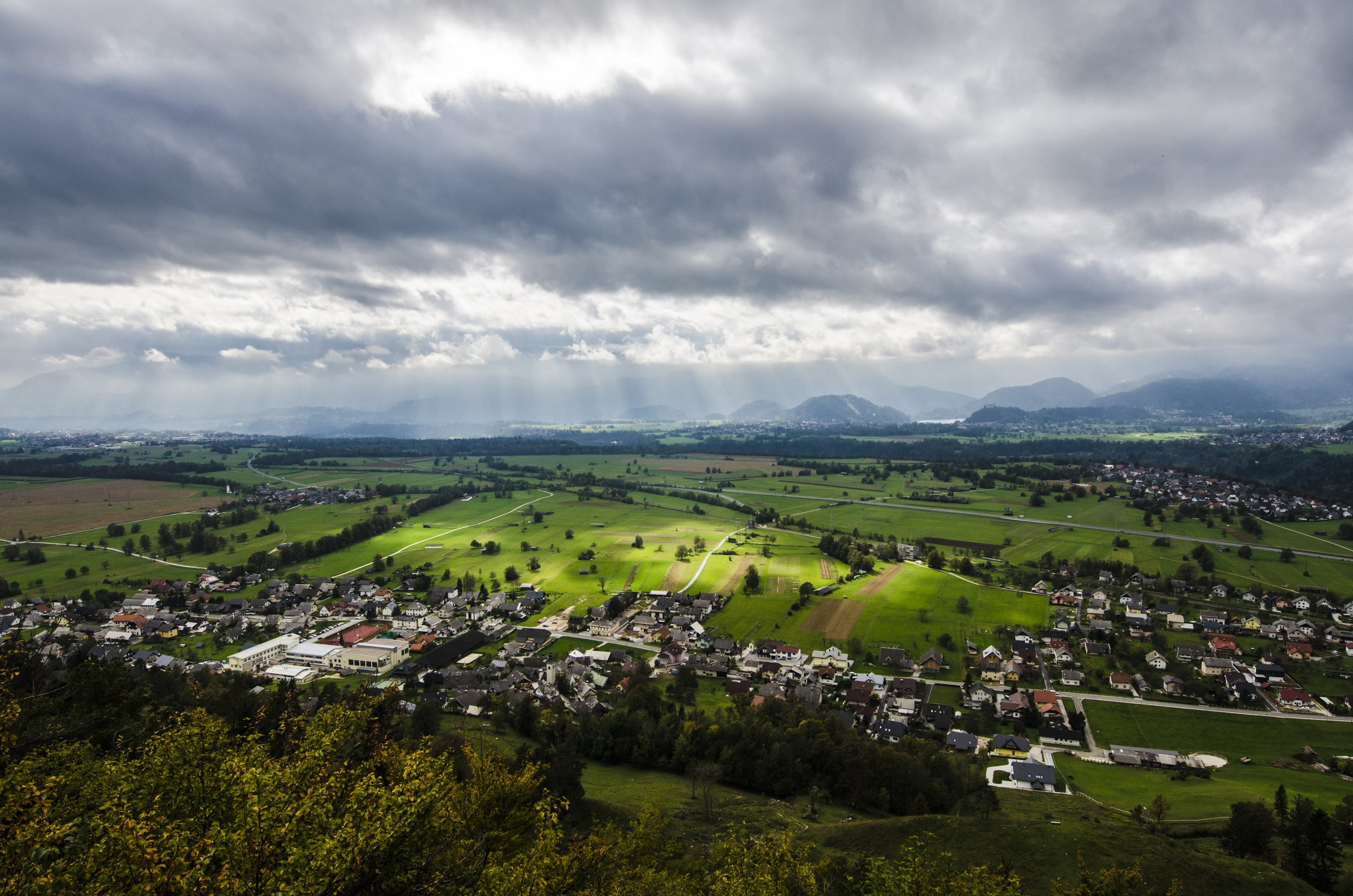
Application Form for Track 1
Applications are now closed for Track 1. Scroll down to join the Observer Track (2).
Congratulations to our first cohort of participating communities!
Albuquerque, NM
Atlanta-Metro, GA
Austin, TX
Baltimore, MD
Boise, ID
Boulder County, CO
Chicago, IL
Cincinnati, OH
Cleveland, OH
Denver, CO
Memphis, TN
Palm Beach County, FL
Portland, OR
Seattle, WA
Tacoma/Pierce County, WA
Toledo, OH
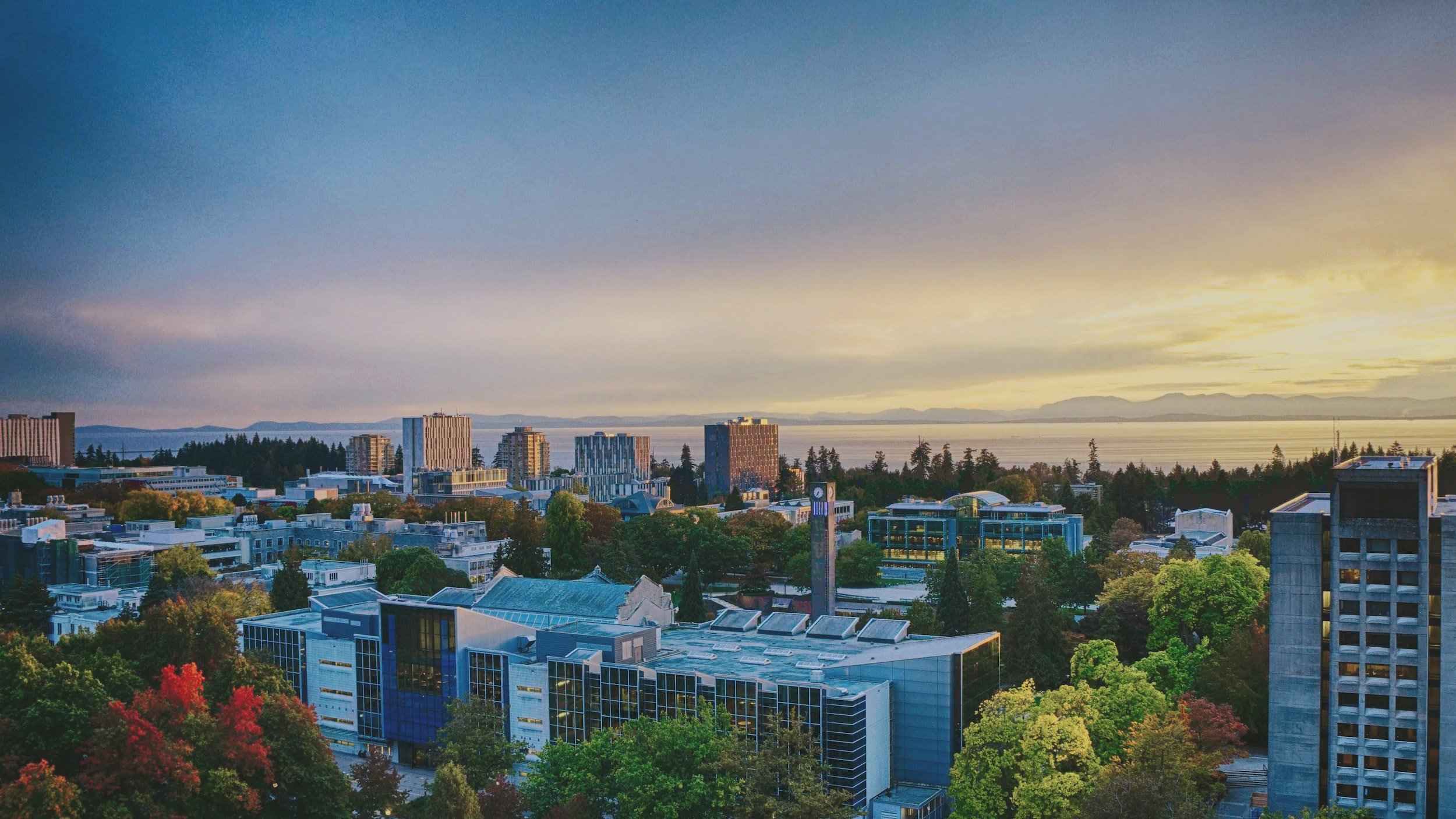
Observer Participant
Registration Form: Track 2
This Accelerator has concluded. Resources for all modules are available in the Resource Library.
Please direct any questions you have to Ellena Ignacio.


